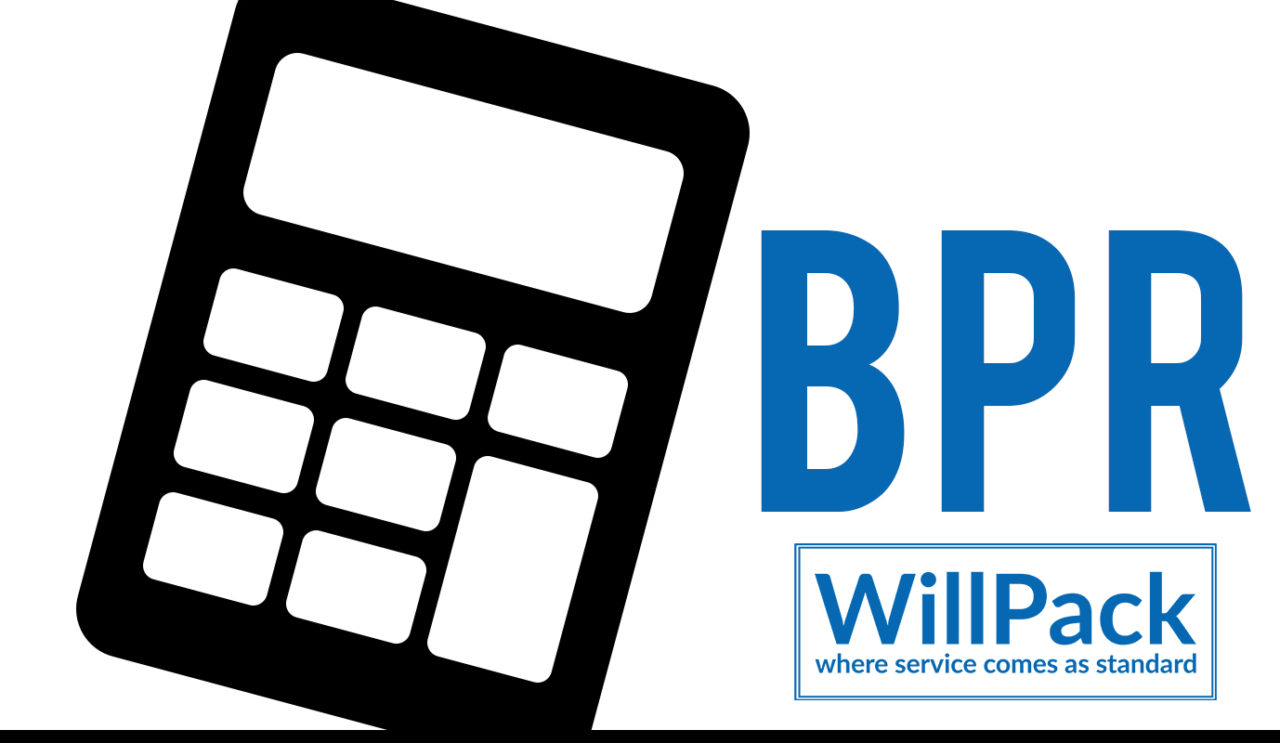It is fairly common for spouses, where at least one of them owns a business and they wish to leave this to their spouse upon their death. On first death, this would be free of inheritance tax due to the spousal exemption.
Second death should also be considered. If a business qualifies for business property relief, it may also pass IHT free on second death (should it qualify for the full 100% relief). What if the surviving spouse does not want to run their late spouse’s business, or if a business partner wants to buy the deceased’s shares off the spouse? They may decide to run the business for a while but eventually sell it on in their old age to retire. This would lead to an increased Inheritance Tax liability, as an asset which is Inheritance Tax exempt (the business) is replaced by one subject to Inheritance Tax (cash) because Business Property Relief can no longer be applied.
A discretionary trust, which takes all assets which qualify for Business Property Relief, is often used to combat such a situation where a surviving spouse sells the business between first and second death.
The trust is its own legal entity and it will own the business rather than the surviving spouse. Should the business be sold between first and second death, the surviving spouse’s estate is unaffected as the trust owns owning the proceeds rather than the spouse.
A letter of wishes is usually drafted to state that the spouse is to be treated as the main beneficiary of the trust whilst they are still alive. Upon their death, the letter of wishes could either direct that the trust be wound up and assets distributed to the beneficiaries, or alternatively it could continue to run if there a need to protect assets for any of the beneficiaries.


 © Trust Wills & Probate Limited t/a WillPack. All rights reserved.
© Trust Wills & Probate Limited t/a WillPack. All rights reserved.
You must be logged in to post a comment.